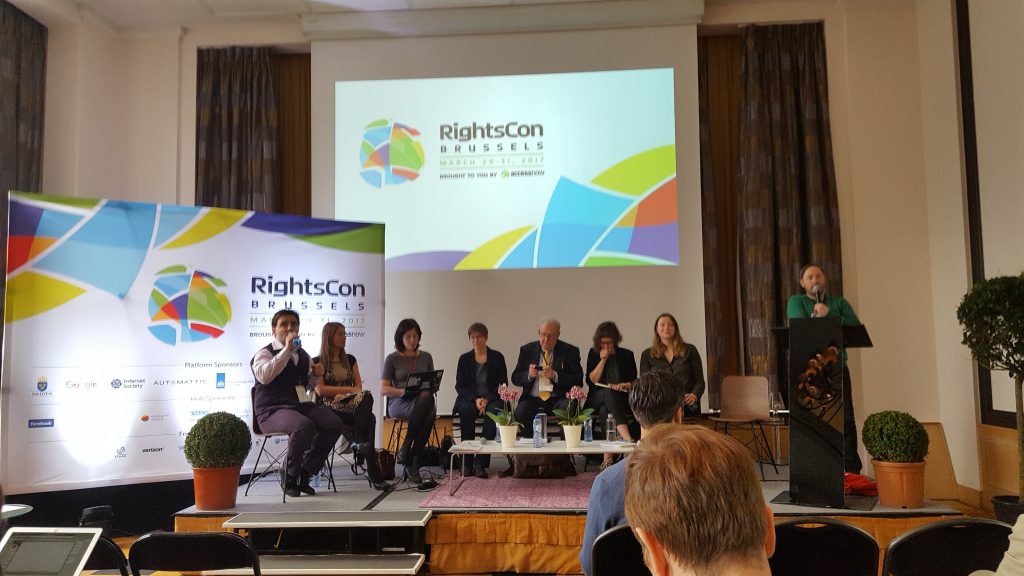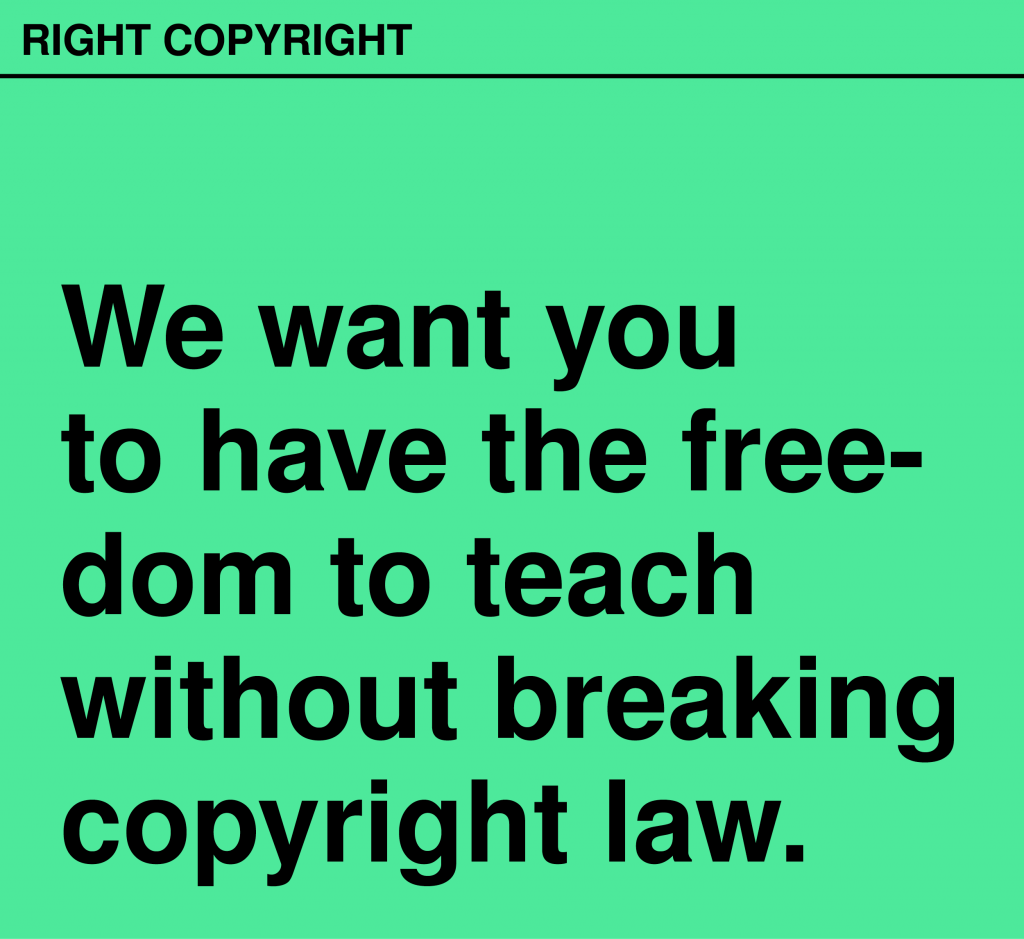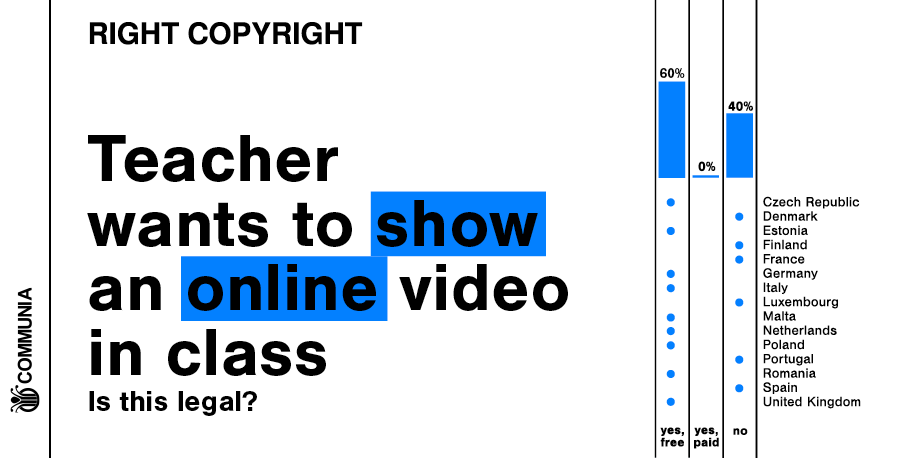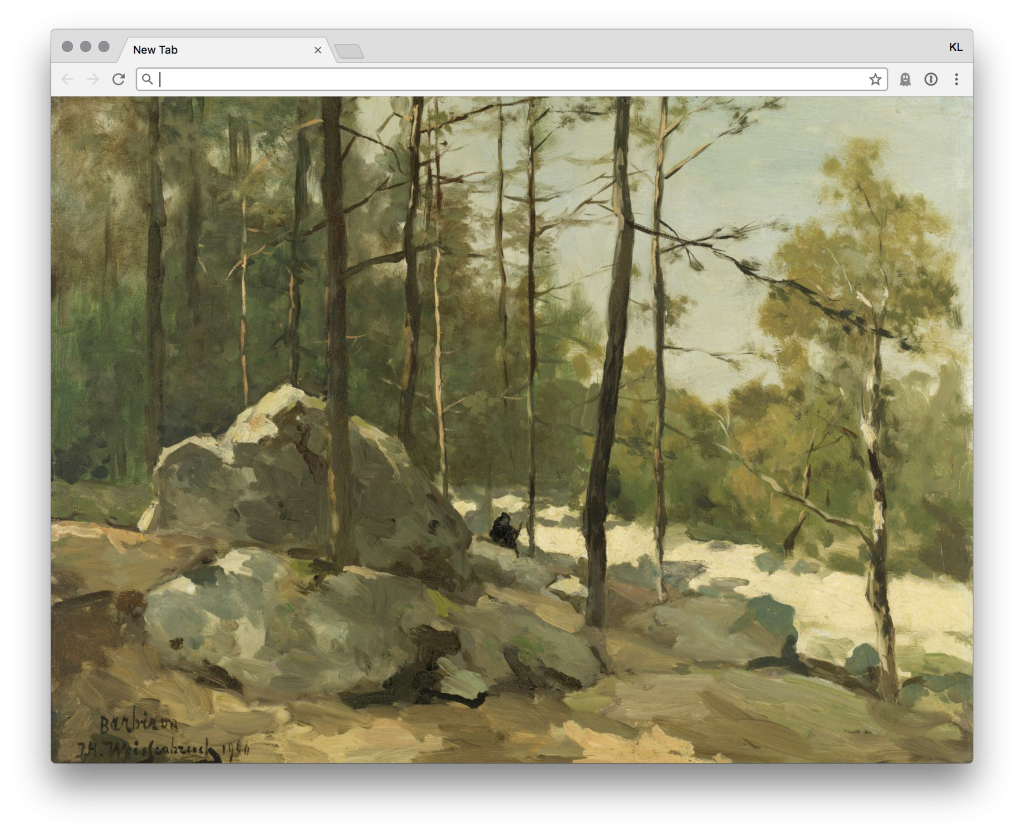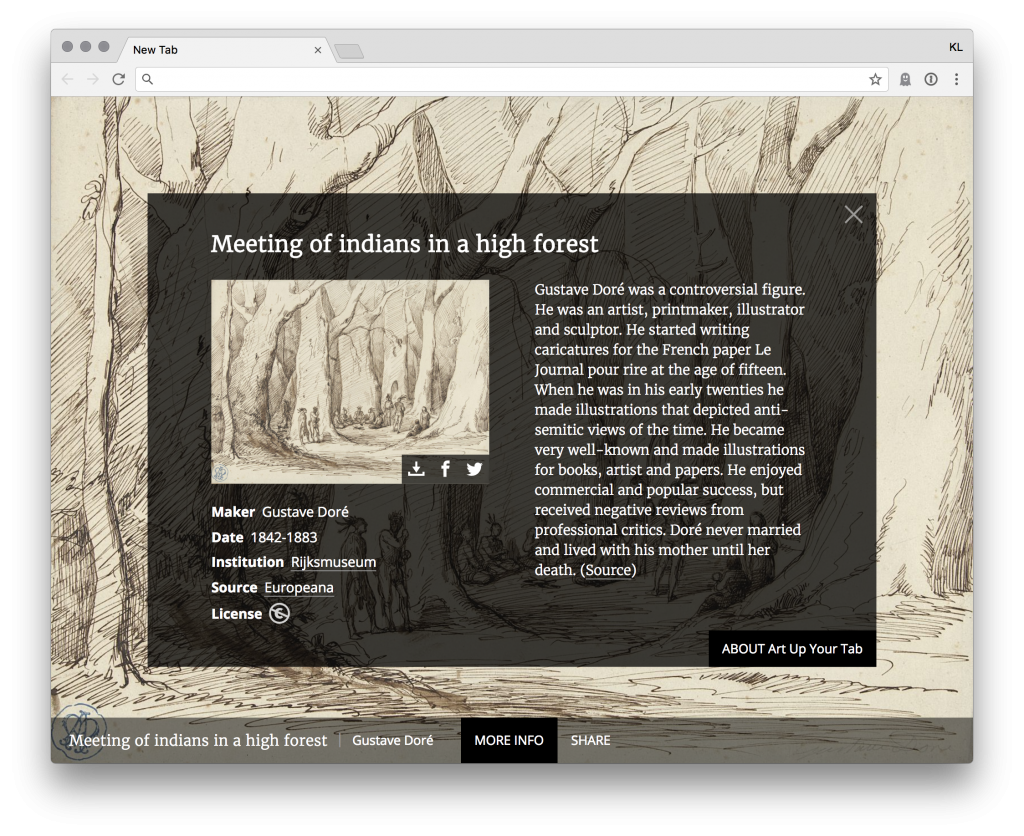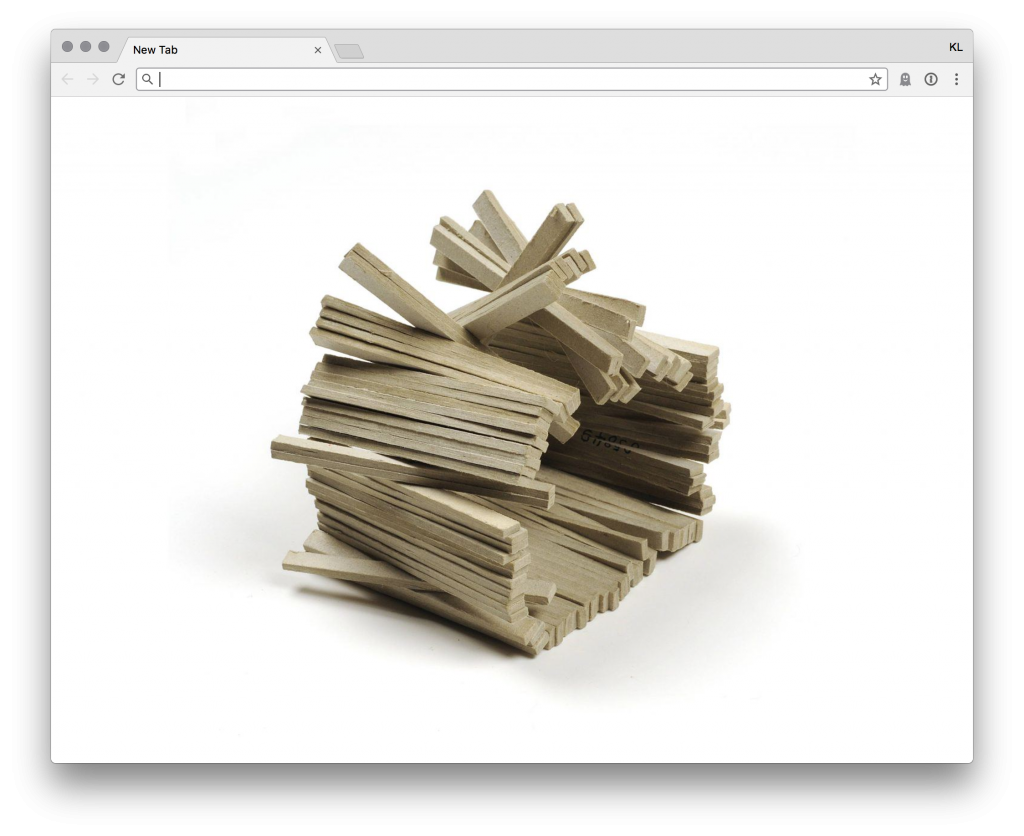The revolution will be openly licensed!
mercredi 5 avril 2017 à 19:37An interview with Dave Mitchell of Beautiful Trouble
After Occupy and the Arab Spring in 2011, the artist-activists of Beautiful Trouble burst on the scene with a number of seasoned professionals ready to change the dialogue by utilizing creative, radical protest. Since then, the organization has created a number of invaluable online resources for social movements through their online book (CC BY-NC-SA), technology tools, case studies, and network mapping across societal and international boundaries.
Dave Mitchell, one of the founders of Beautiful Trouble, describes their goal as to “make social movements more creative, more effective, and more likely to win,” and credits CC licensing with enabling them to adopt a modular, agile approach that contributes to their message of social good. Focusing on social movements around the world, the book, game, toolbox, and litany of online and offline resources provides a much needed dose of unity, levity, and practical focus in a divisive political era.
The Beautiful Trouble toolbox can be found online, and the organization is creating a number of new tools to support social movements, including a chatbot and a game. In addition, their network of in-person artist-activist trainers provide vital resources both online and offline to support change agents around the world.
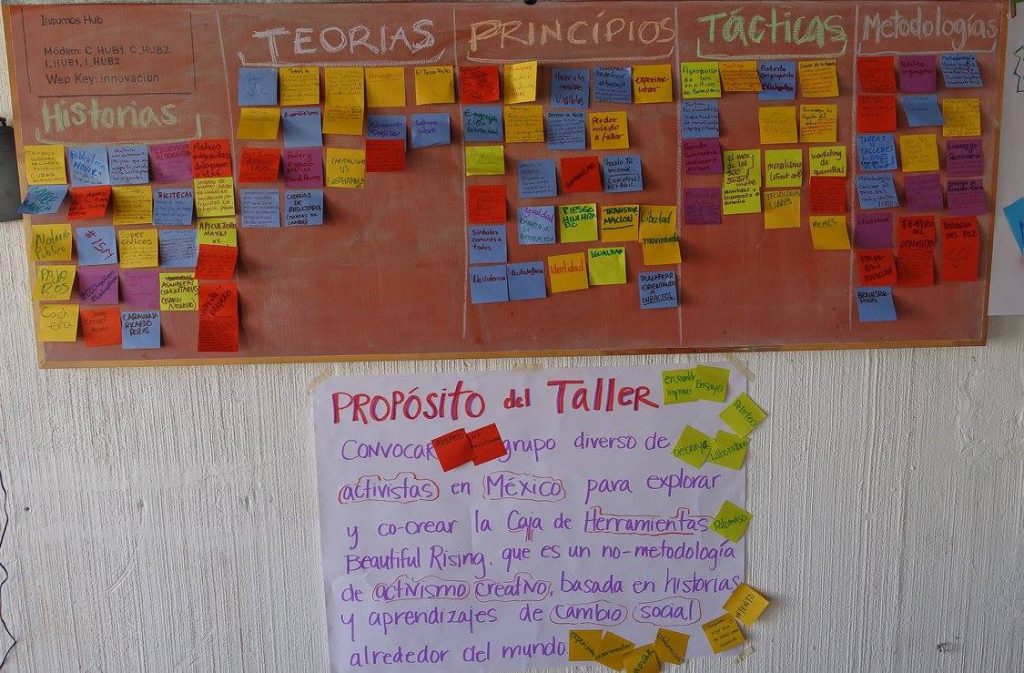
Beautiful Trouble is a toolbox for revolution, a training manual, a collection of case studies, a network map, and more. What was the impetus to start this collection of resources? Why is it important for people to be able to access a toolbox like this online?
Beautiful Trouble emerged in 2011, the year of Occupy and the Arab Spring, and with much the same creative DNA as those flashpoints. We set out to create a common platform where people could come together to share experiences, learn from the ideas and innovations of organizers all over the world, contribute their own ideas, get inspired, get involved, make something happen.
We wanted to popularize the idea that social change isn’t about just mindlessly repeating the same tactics over and over again — but also that it isn’t rocket science. That many small groups of clowns and pranksters can change the world; indeed, maybe it’s the only thing that ever has.
While Beautiful Trouble is best known in its book form, from the beginning it has also been accessible online, where so many of us live. And because it’s modular, interlinking, and constantly expanding, it lives more comfortably online. Now we’re experimenting with letting people access the toolkit as a chatbot, accessible through various messaging apps like Telegram, Slack, and Facebook Messenger.
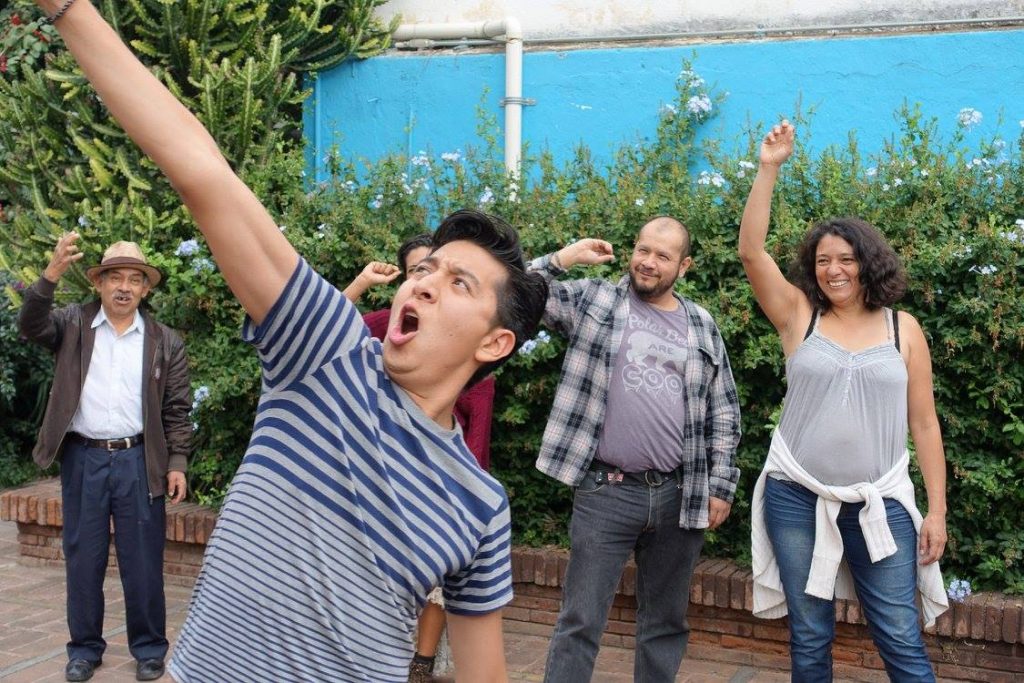
Why did you decide to license your work under CC BY-NC-SA? How does the CC licensing play into your work?
Creative Commons licensing made sense to us both politically and practically. Politically, our goal is to make social movements more creative, more effective, and more likely to win, and we believe that happens by promoting the kind of agile, creative and modular thinking that Beautiful Trouble embodies.
Basically, we want the ideas in Beautiful Trouble to become common knowledge — to be used, shared, repurposed, translated, adapted — so it made no sense to throw barriers of intellectual property in the path of that, beyond those required by our excellent and supportive publisher.
Practically, as the project took shape, we realized how much of it involved referencing and codifying other people’s ideas and methods. We tried always to give credit where it was due, but we also never wanted to suggest that any one person (certainly not us) owns any of the concepts or methods we included. Creative Commons licensing was one way to signal all of that.
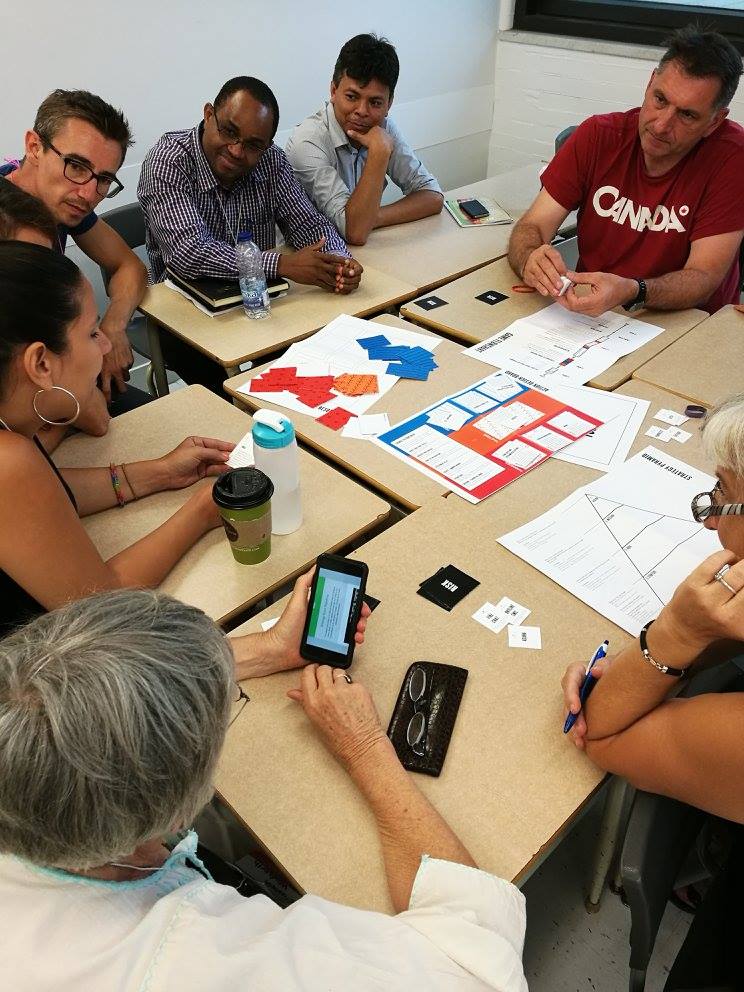
“Artist-activists” are at the heart of Beautiful Trouble’s work. How do you define “artist activists?” How does someone join your network?
“Artist-activist” is such an awkward, artless term — we really struggled to come up with something better… artivist? pranktivist? bohemshevik? Nothing quite fit, but what we wanted to signal was the marriage of two distinct worlds: the elegance, eye for detail, and outside-the-box creativity of the art world with the time-bound, eyes-on-the-prize, immediate-results focus of the organizer. That sweet spot is where minds and hearts open and revolutions take flight, and it’s something anyone can (and should!) seek to embody in their work. Folks who want to pitch us an idea can drop us a line at getintouch@beautifultrouble.org.
How do you define “the commons?”
The commons represents our best hope for a liveable future. It’s an important enough concept to us that we included it as one of the ‘theories’ in the book, in a piece written by Peter Barnes. In that piece, he proposes that by building a system that protects and expands our common wealth rather than one that exploits it, we can address both our ecological and social imbalances.
What kinds of stories can you tell about your work and how you support global social movements? What kinds of wins are you celebrating? What has your work looked like since November? Has it changed?
For the past few years we’ve been busy working with ActionAid and activists from across the Global South to document the tools and tactics of creative activists operating under authoritarian regimes. That project is available online at beautifulrising.org, and will be published this year as Beautiful Rising: Creative Resistance from the Global South (OR Books).
After last November’s presidential election, that focus on authoritarian regimes is sadly much more relevant and timely for activists in the United States. Specifically in response to the Trump moment, we’ve started a “Trouble vs. Trump” series to update our toolbox for the current moment. We’ve been hard at work expanding our training program to meet the explosion of interest in nonviolent direct action training, and we’ve just launched a resistance hotline to help support the surge of new progressive activists planning their first actions and campaigns.
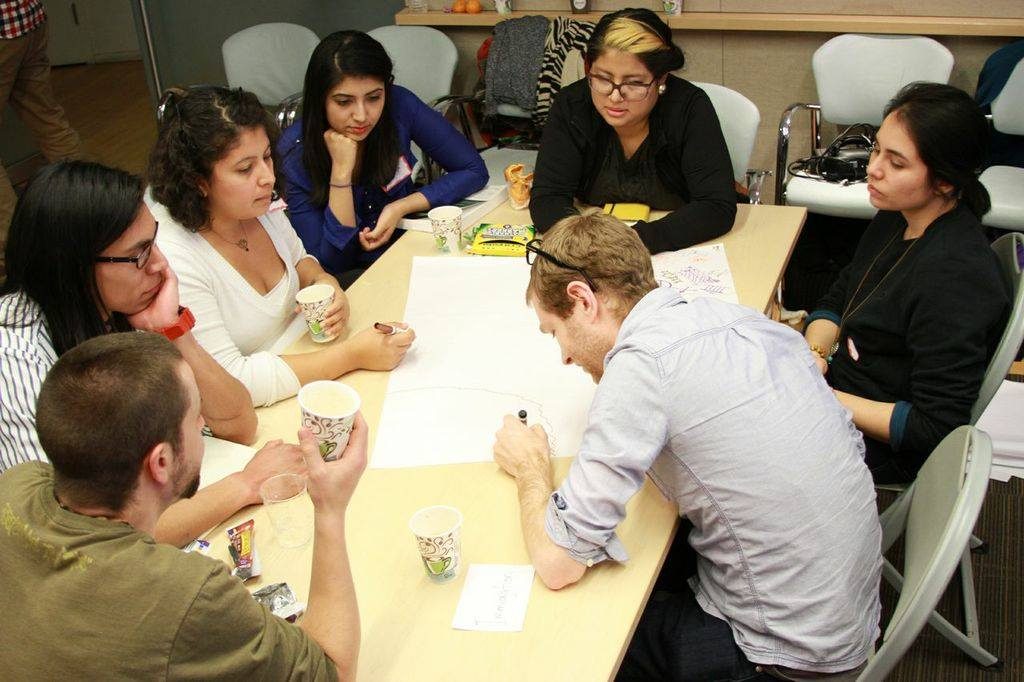
You have a number of projects in addition to Beautiful Trouble including Beautiful Rising, Climate Action Labs, and Beautiful Solutions as well as your in-person trainings for activists. How do you balance this work?
Much like the book we produced, we’re basically a modular organization — a motley crew of activists, trainers and editors scattered around the globe who are organizing horizontally together to spin out related projects that align with our goal of making social movements more creative and effective. That loose structure means we’re able to respond fairly quickly to new opportunities, but also that we sometimes struggle to keep everything running smoothly, since we’ve got no central office, no dedicated development director, and a dispersed leadership structure. Somehow we’ve managed to produce a lot of great tools and keep all the plates spinning so far. Folks who want to support this juggling act are welcome to kick in a few bucks on our Patreon page, and get a copy of our next book as a token of our thanks.
As a bunch of communicators, what do you think messaging is going to look like on the left in the upcoming months and years? What should it look like?
There’s a battle raging right now for the future of the electoral left. It has taken different forms in different countries, but at its core, that struggle is over whether or not the traditional left/liberal parties can be repurposed to present a compelling, broad-based, radical alternative that speaks to people’s 21st-century fears and frustrations, hopes and dreams, or whether these parties will continue to play the role of neoliberalism’s good cop. The outcome of that battle will basically determine whether or not we can bring the fight for a better future from the margins to the mainstream.
Another way to say it: the left needs to get much better at speaking to people’s values hopes, and desires for a better future, and then put that messaging to work in service of a shared political project.
The post The revolution will be openly licensed! appeared first on Creative Commons.

